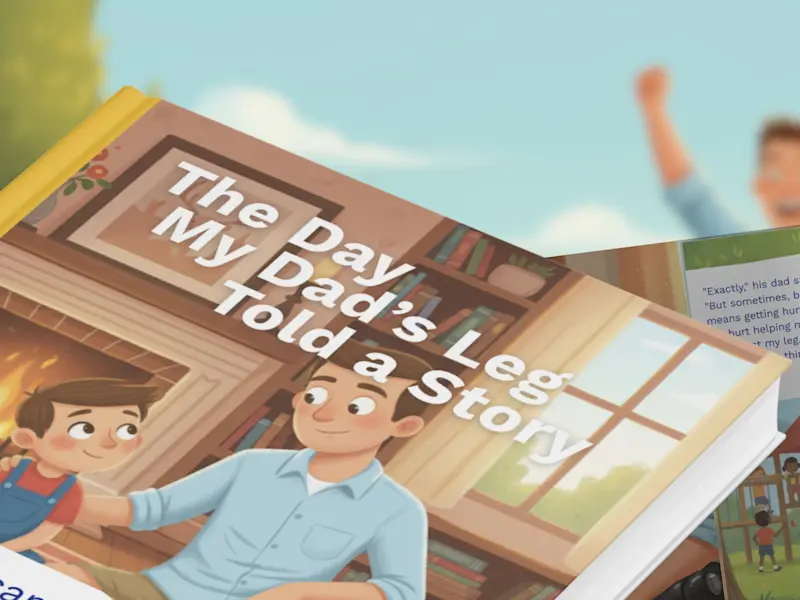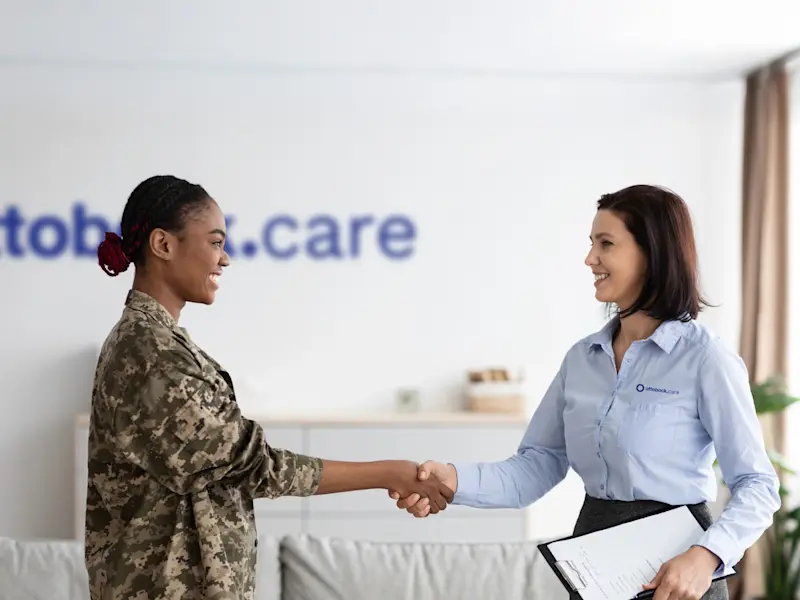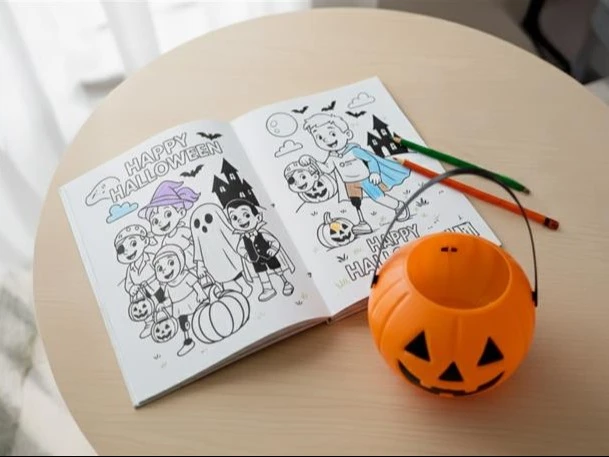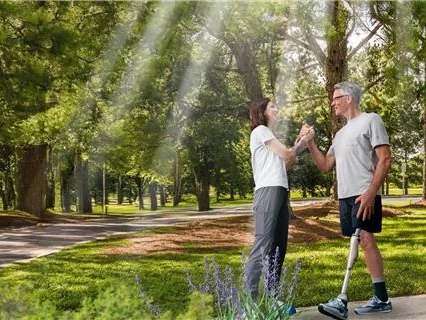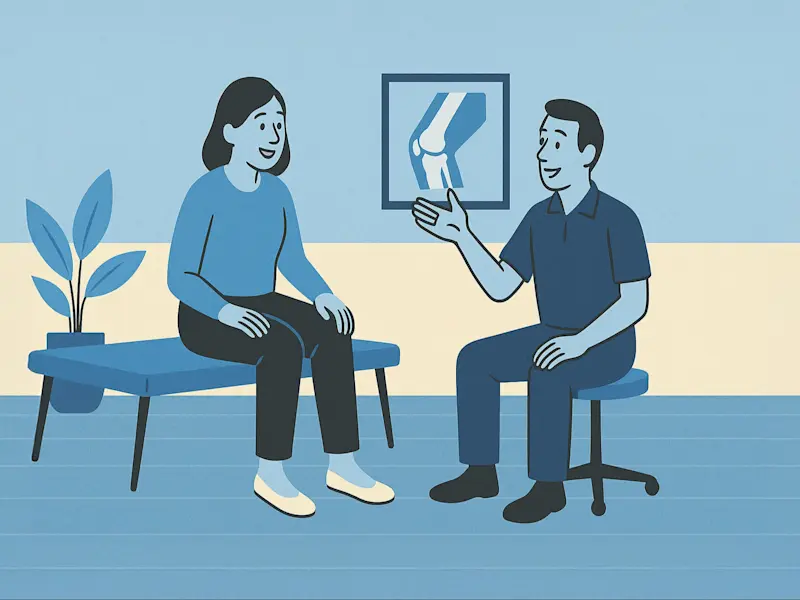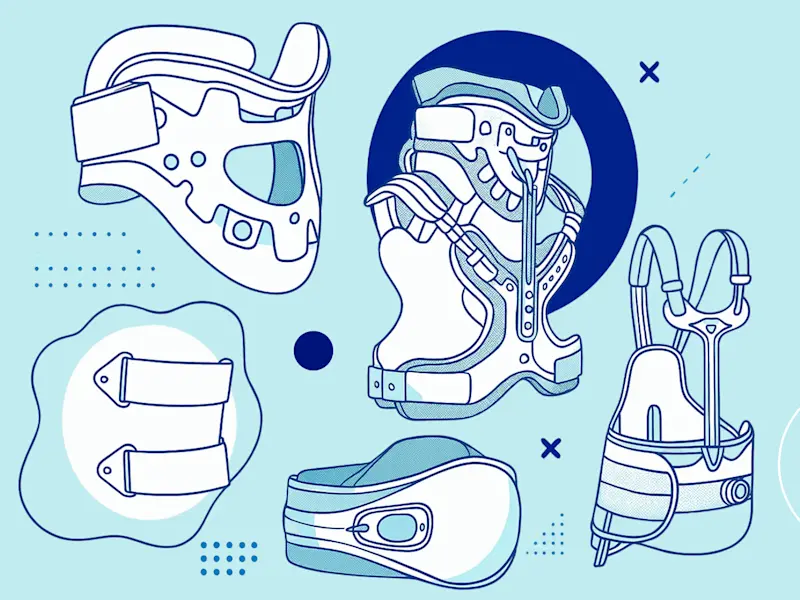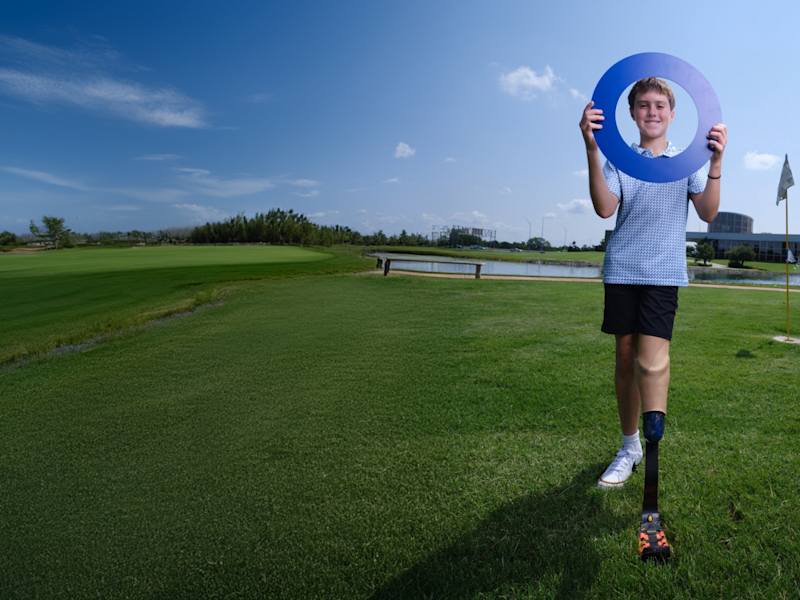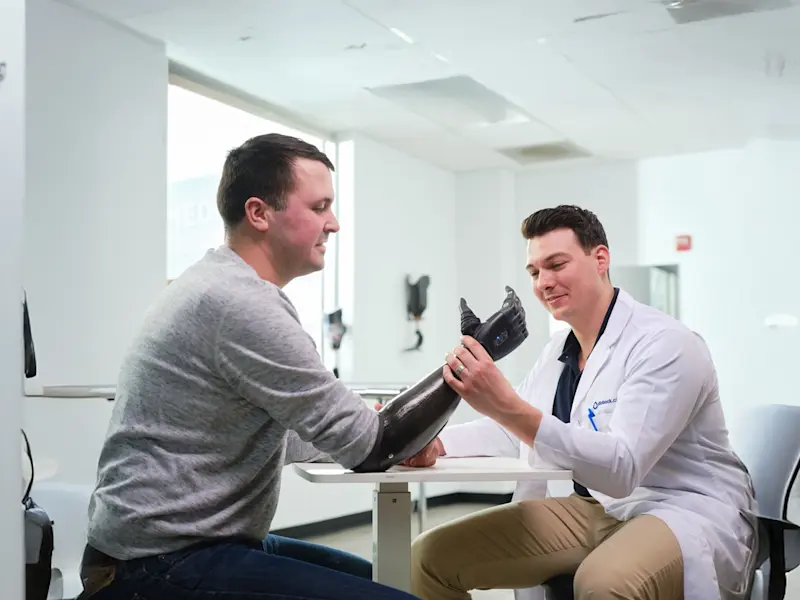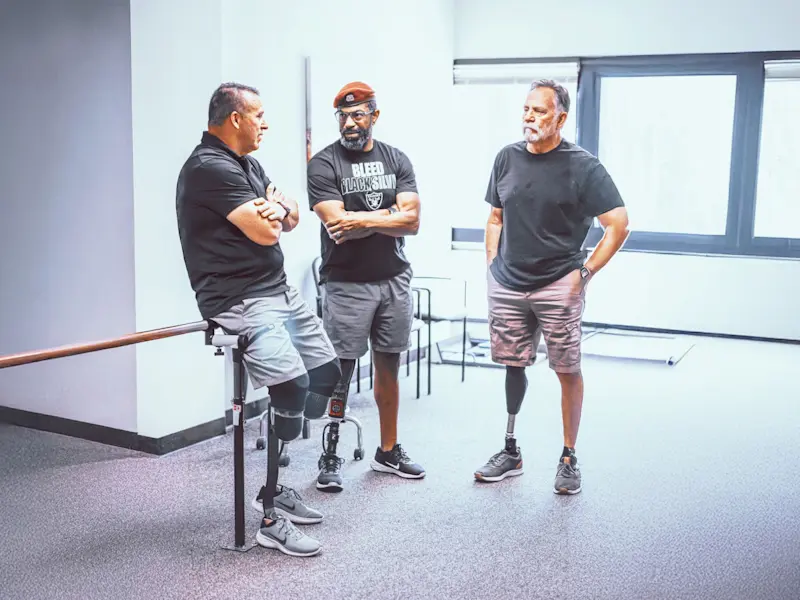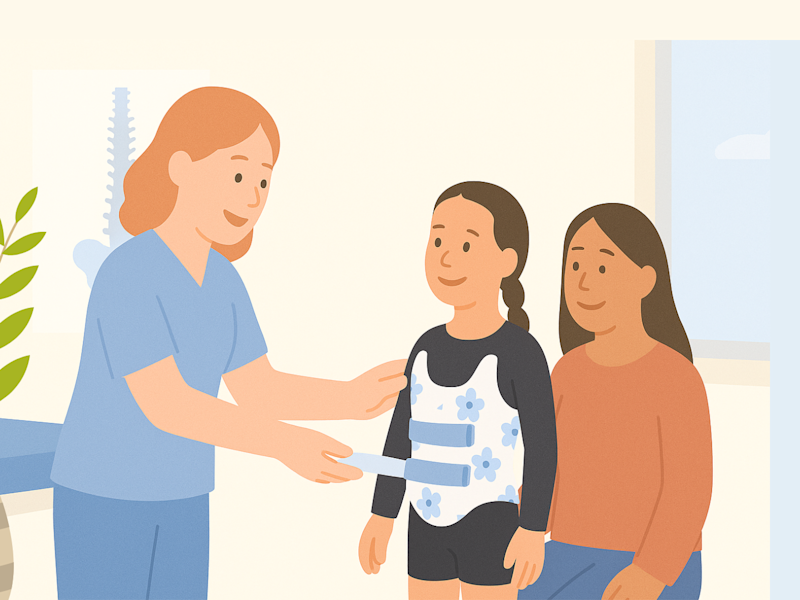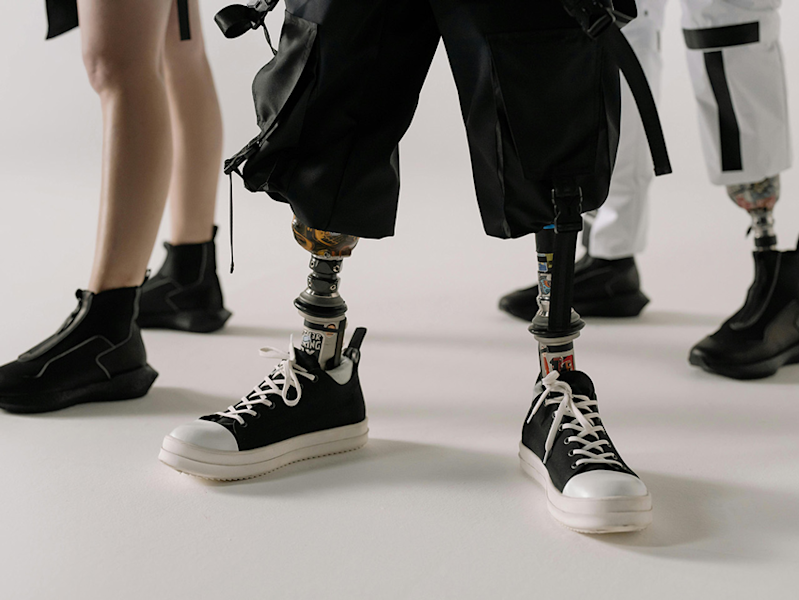How to Be a Better Advocate for Amputees in Your Life—Especially During LLLDAM
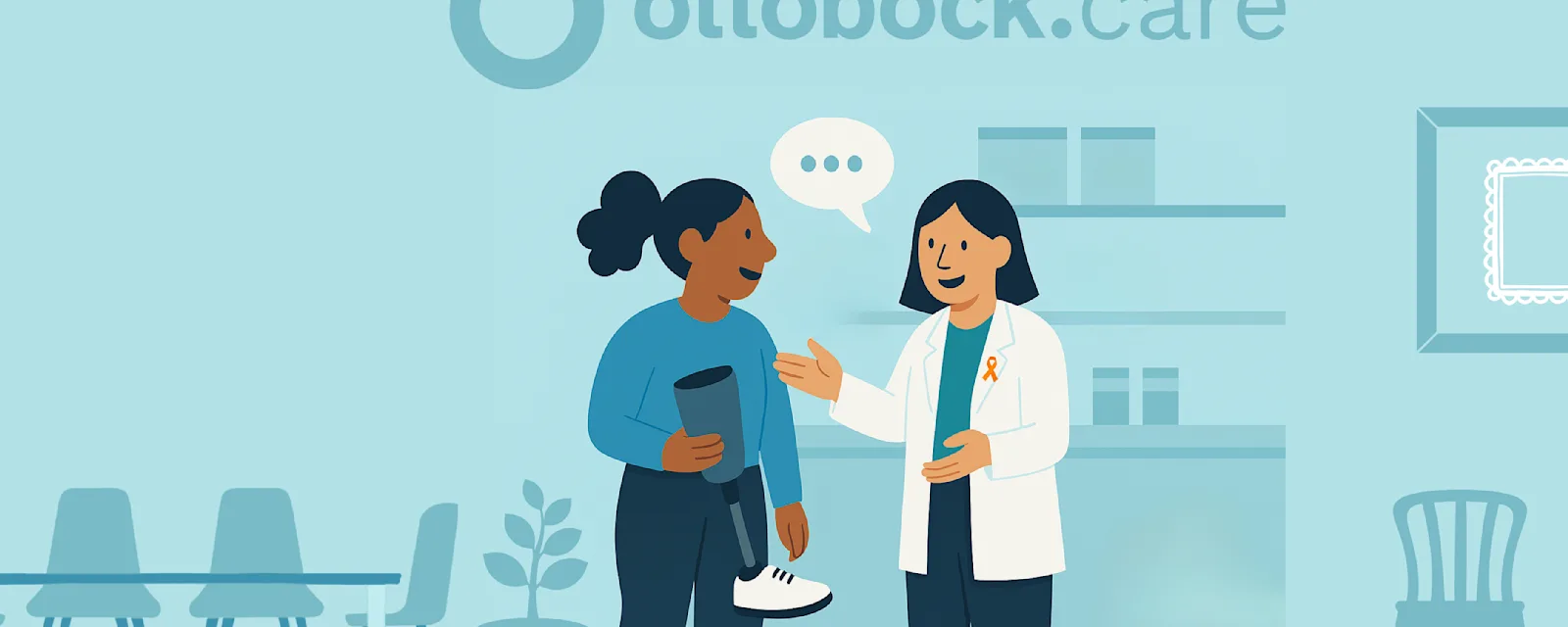
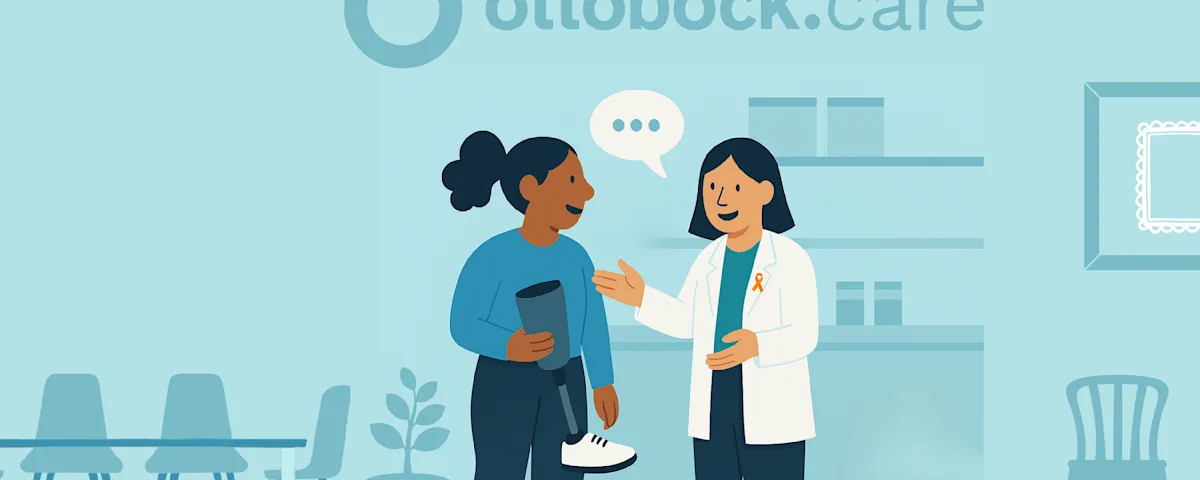
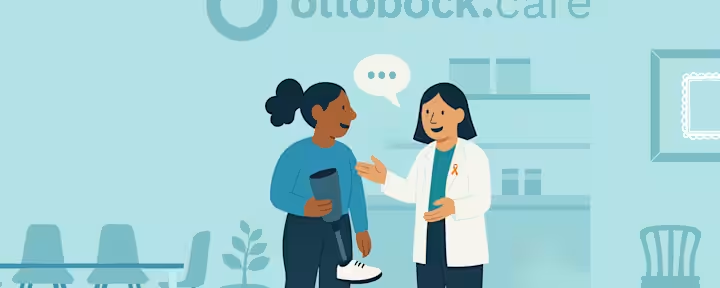
April is Limb Loss and Limb Difference Awareness Month (LLLDAM)—a time to amplify the voices of the limb loss community, promote self-advocacy, and highlight the real-world impact of support and accessibility. Whether you’re a family member, caregiver, or friend, being an advocate means showing up in meaningful ways that help someone reclaim independence and confidence after limb loss.
Here’s how to take action—especially during LLLDAM—when advocacy and visibility matter most.
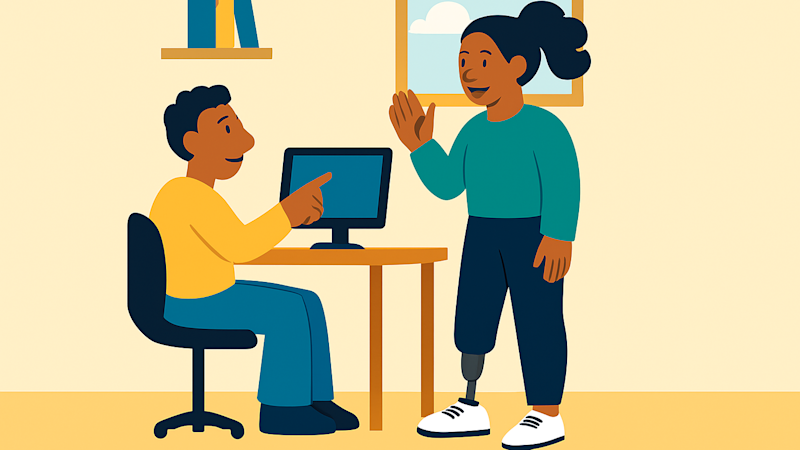
Aaron Holm, Founder of Wiggle Your ToesSelf-advocacy is critical to reaching the desired outcome of someone who has experienced limb loss. Often limb loss creates an abundance of uncertainties – not knowing what is possible and therefore not sure where to start. Fortunately, Ottobock.care offers several resources to help navigate during these uncertain times. I wish that I had the resources available today, when I was starting my limb loss journey.”
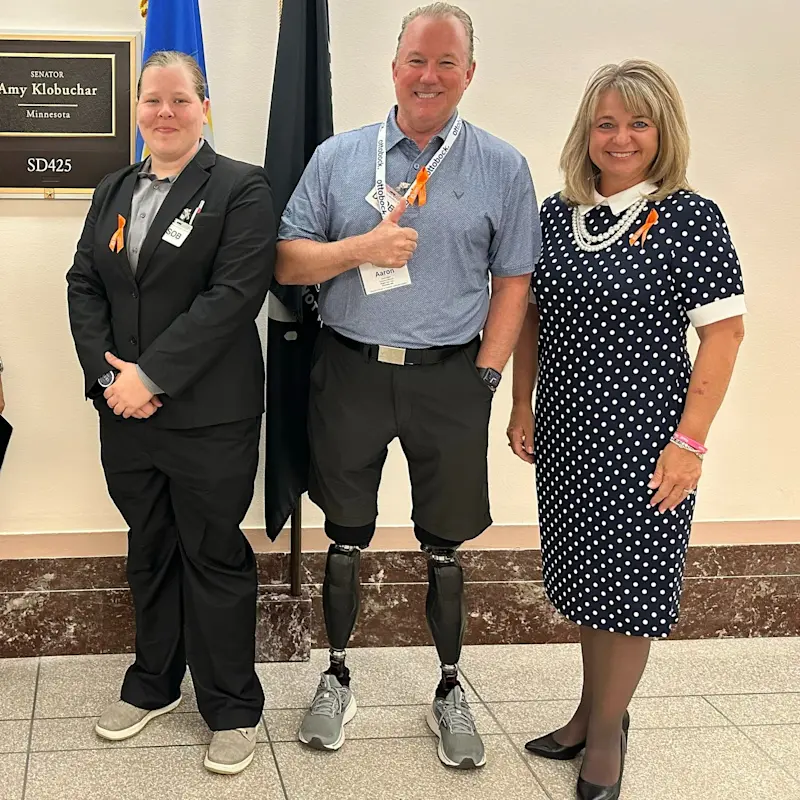
This month is the perfect opportunity to encourage self-advocacy—not by doing things for someone, but by standing beside them as they learn what’s possible. Help them explore resources, connect with support networks, and gain the confidence to speak up for their needs in clinical, social, or workplace settings.
Accessibility: Think Beyond the Ramp
While ramps and elevators are essential, accessibility is broader—and often invisible. Ask yourself:
What barriers exist in their daily routines? This might include narrow doorways, high shelves, or hard-to-navigate websites.
Who needs to be informed? Sometimes it’s landlords or employers; other times, it’s local business owners or event organizers.
How can you advocate? Speak up. Make requests. Write reviews. Help file a complaint if an ADA violation is involved. Your voice can help remove the friction someone experiences just trying to move through the world.
Accessibility isn’t about sympathy. It’s about equity—and creating environments where people with limb loss can fully participate.
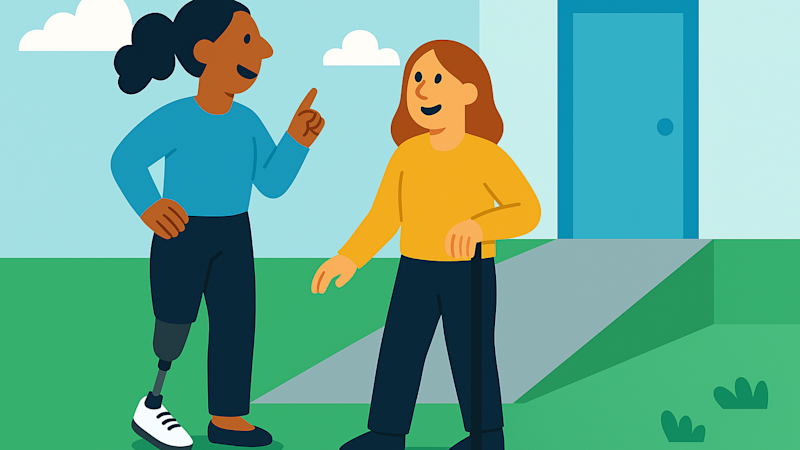
Insurance Coverage: Cut Through the Red Tape
One of the most complex hurdles amputees face is navigating insurance coverage for prosthetics and related care. Advocacy here isn’t flashy—it’s often behind-the-scenes, detail-oriented, and relentless.
You can help by:
Reading through policy details to understand what’s covered and what’s not.
Supporting appeals if coverage is denied—this might mean helping draft a letter, collect documentation, or connect with a care team.
Connecting with the Ottobock.care Reimbursement Team early in the journey. They’re experts in working with insurers and can help determine what options are available under a specific plan.
Staying informed on local and national legislative efforts to improve prosthetic coverage. Organizations like the Amputee Coalition frequently lead these initiatives, and your voice can help amplify them.
Helping someone get the right prosthetic—or even just the one that fits properly—can be life-changing.
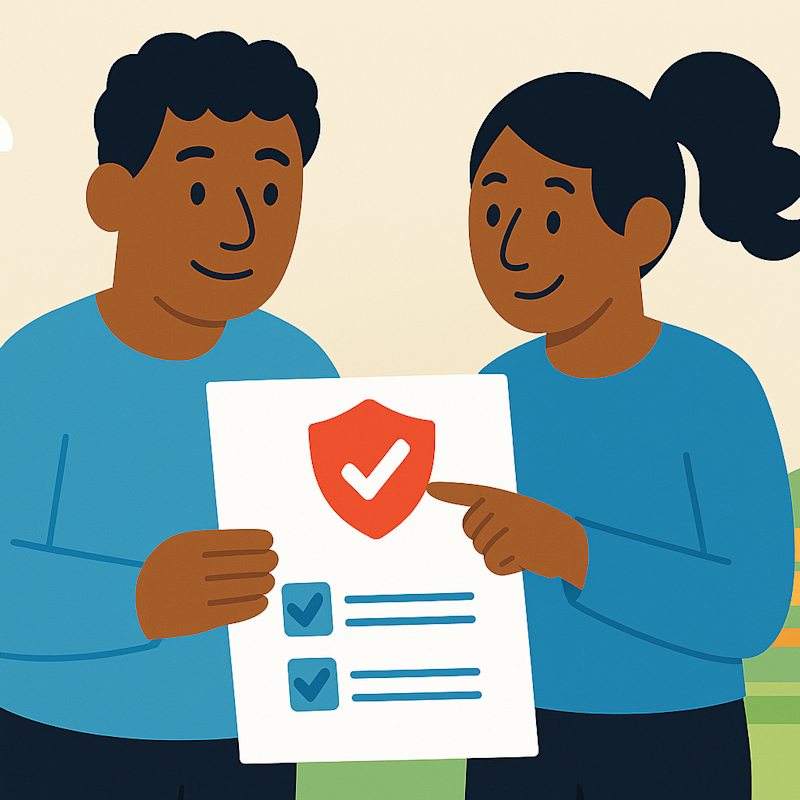
Everyday Advocacy, Reimagined
Everyday advocacy happens in living rooms, workplaces, coffee shops, and online. It’s about the things we say, the assumptions we challenge, and the support we offer without being asked.
Try this:
See something, say something. If you overhear a harmful stereotype or insensitive comment, address it. Use it as a teaching moment if you feel safe to do so.
Start open conversations. Instead of avoiding the topic of disability, normalize it. You don’t need to have all the answers—just listen, learn, and hold space.
Offer help—on their terms. From modifying a home office to researching peer support groups, small actions can offer big reassurance.
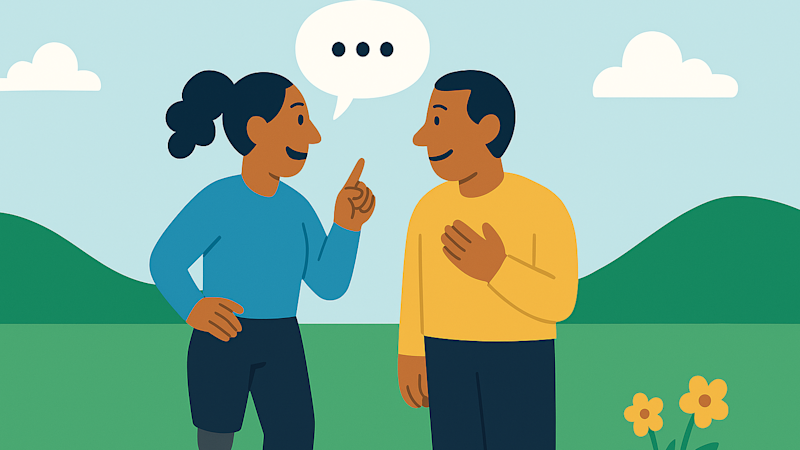
Resource Round-Up: Where to Start
Instead of feeling like you have to know everything, start by pointing to the right places:
Amputee Coalition – Offers education, peer support, and policy advocacy nationwide.
Wiggle Your Toes – Founded by amputee Aaron Holm, this organization helps individuals regain independence and mobility after limb loss.
Ottobock.care Clinics – Provide access to prosthetic fittings, clinical care, and insurance navigation through a network of certified professionals.
Local & Online Support Groups – Many people find comfort, encouragement, and practical advice from those who’ve been there.
If they’re early in their journey, you don’t need to have every answer—but connecting them to the right place is often the most powerful support you can give.
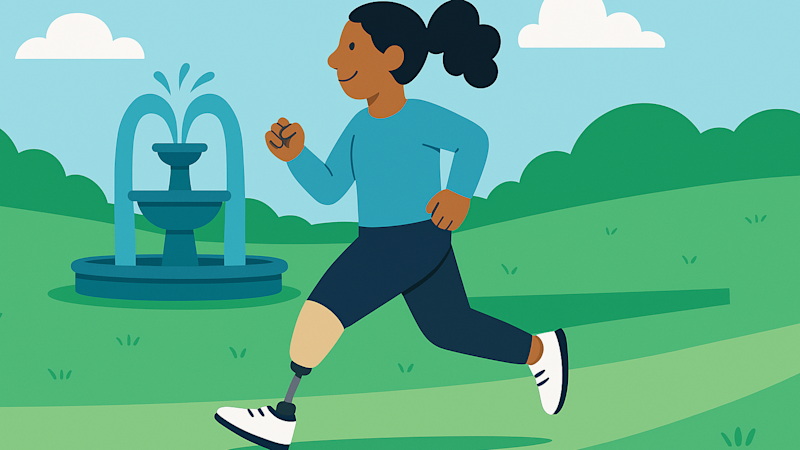
Make It Bigger Than One Person
LLLDAM is also a time to zoom out. While personal advocacy is important, systemic change is what shifts the playing field.
Want to do more?
Write to your local representatives about inclusive policies and prosthetic coverage.
Join national days of action or digital advocacy campaigns.
Share facts, personal stories, or calls to action on your social media to amplify awareness this month.
Final Thoughts
Being an advocate during LLLDAM—and every day after—is about empowering the amputee in your life to live with dignity, confidence, and choice. You don’t need to be an expert. You just need to care enough to show up, ask questions, and use your voice alongside theirs.
Together, we can build a more inclusive world—one conversation, one insurance call, one ramp, and one prosthetic fitting at a time.
Get a Consultation
Are you ready to take the next step towards improved mobility and comfort? Find an orthotics and prosthetics clinic near you and schedule your appointment today!
